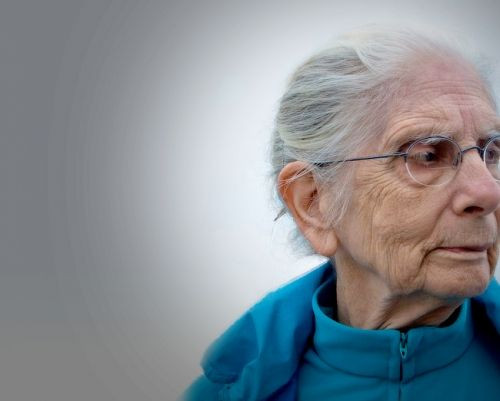Hearing loss rate in older adults climbs to more than 60 percent in national survey

Nearly two-thirds of Americans age 70 and older have hearing loss, but those who are of black race seem to have a protective effect against this loss, according to a new study led by Johns Hopkins and National Institute on Aging researchers. These findings, published online Feb. 28 in the Journal of Gerontology: Medical Sciences, provide what is believed to be the first nationally representative survey in older adults on this often ignored and underreported condition.
Contrary to the view that hearing loss is of only minor importance in old age, study leader Frank Lin, M.D., Ph.D., assistant professor in the Division of Otology at Johns Hopkins University School of Medicine and a core faculty member in the Johns Hopkins Center of Aging and Health, says studies including his own have strongly linked it to other health problems, such as cognitive decline, dementia, and poorer physical functioning. And he notes that relatively little is known about risk factors that drive hearing loss.
To fill in some of the blanks, Lin and his colleagues analyzed data from the 2005-2006 cycle of the National Health and Nutrition Examination Survey, a research program that has periodically gathered health data from thousands of Americans since 1971. In the 2005-2006 cycle, the hearing of participants 70 years or older was checked using a test that determined whether they could detect tones in frequencies used in speech.
When the researchers analyzed the numbers from 717 volunteers, they found that about 63 percent had hearing loss that ranged from mild to severe. Mixing in demographic data showed that those who were older or male were more likely to have hearing loss or more severe hearing loss than younger or female subjects. The researchers also found that being black appeared to be protective. While about 64 percent of white subjects had hearing loss, only about 43 percent of black subjects did. After accounting for other factors that are associated with hearing loss like age and previous noise exposure, black participants had only a third of the chance of having hearing loss when compared with white participants.
Lin notes that he and his colleagues aren't sure why being black might prevent hearing loss, but they and other research teams have suggested that pigment produced by cells in the skin and inner ear might protect the inner ear by absorbing free radicals, among other mechanisms.
Despite the overwhelming number of older adults with hearing loss, the study found that only one-fifth use hearing aids, with only 3 percent of those with mild hearing loss taking advantage of these devices.
"Any way you cut it, the rates of hearing aid use are phenomenally low," Lin says. He and his colleagues are currently planning a study to see whether hearing aid use could prevent some of the conditions connected to hearing loss.



























